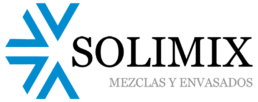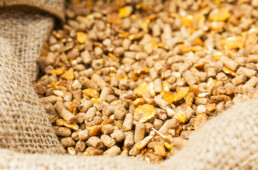There are millions of livestock farmers in Europe and for all of them feed is the most important cost factor. In addition, the raw materials used in the manufacture of animal feed, including additives and other medicinal products, have a direct impact on the marketing conditions of these products, but also on public health.
Logically, in the light of this information both the manufacture and the marketing or the form of presentation of animal feed is subject to EU regulation. What raw materials are prohibited in animal feed? What are the requirements that must be met in relation to safety or traceability? From Solimix, as specialists in the manufacture of additives and premixes for animals, we offer some keys.
Raw materials prohibited in the manufacture of feed nutrition
Regulation EC 767/2009 specifies the list of feed raw materials whose circulation or use for the manufacture of animal feed is expressly prohibited. They are the following:
- Stool, urine and other gastrointestinal contents from the emptying or elimination of the digestive tract.
- Hides and skins treated with tanning substances, including their residues.
- Seeds, seedlings and other plant propagating material, which have been treated with plant protection products after harvesting due to their intended purpose; their derivatives.
- Wood and other derived materials such as sawdust, as well as composites treated with wood preservatives.
- All wastes obtained in the different phases of the urban, domestic and industrial waste water treatment process.
- Solid urban waste such as household waste.
- Packaging and packaging parts from the use of products from the agri-food industry.
Safety and traceability: the cornerstones of animal feed marketing
What requirements must feedstuffs meet in terms of safety and marketing?
To begin with, in addition to being safe, animal feed must not have any negative effects on either the animal, or the environment. Also, in addition to being healthy and unadulterated, they must be packaged and presented in accordance with the Law to ensure traceability.
With regard to labelling, for example, European legislation is clear: all animal feed must include the type of feed, the name and address of the operator, the batch or reference number, the net weight, the additives used in the manufacture of animal feed, as well as the moisture content.
At Solimix, we are committed to animal welfare in the production of additives and premixes that meet all quality standards. After all, the first link in the food chain is precisely the animal feed.


